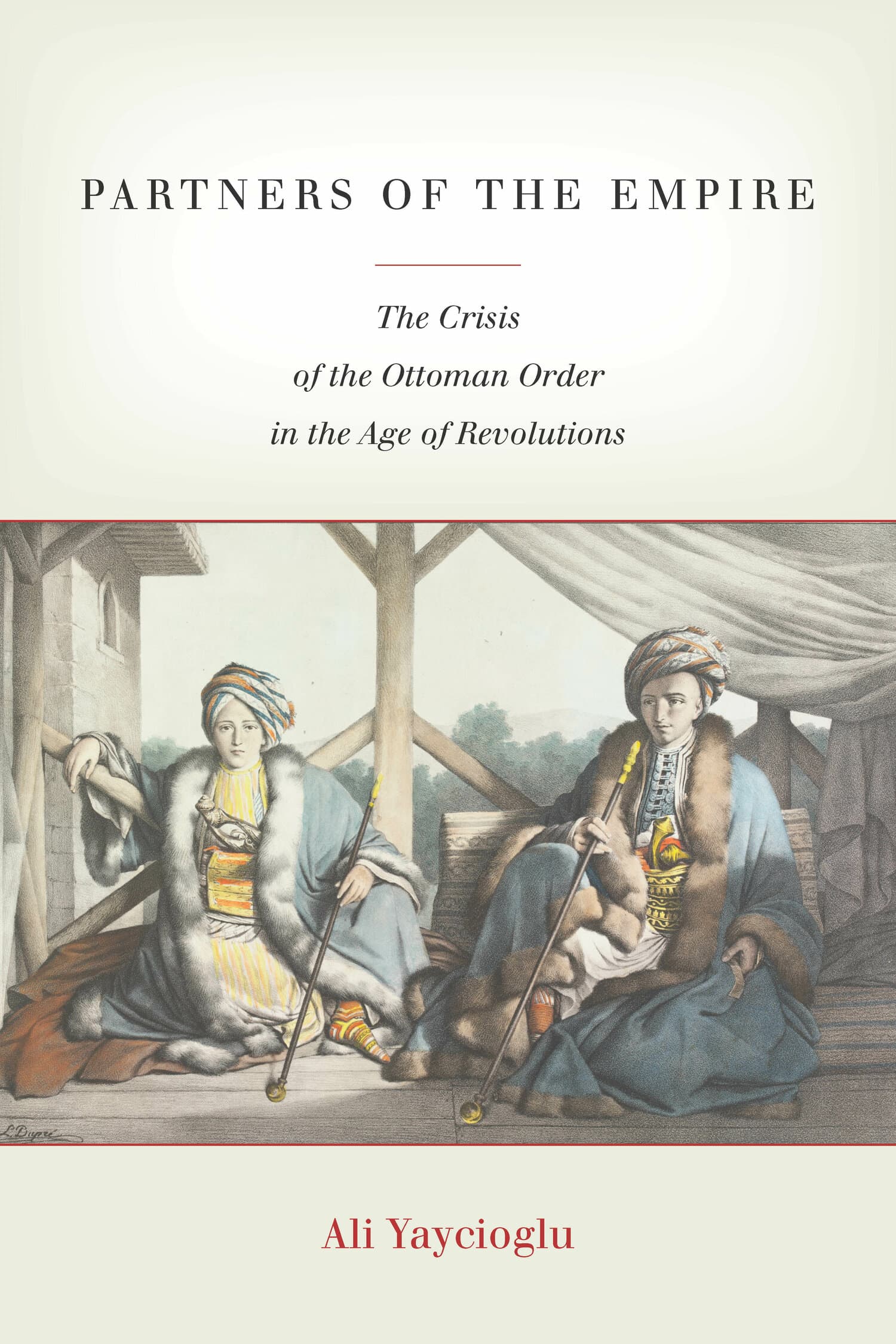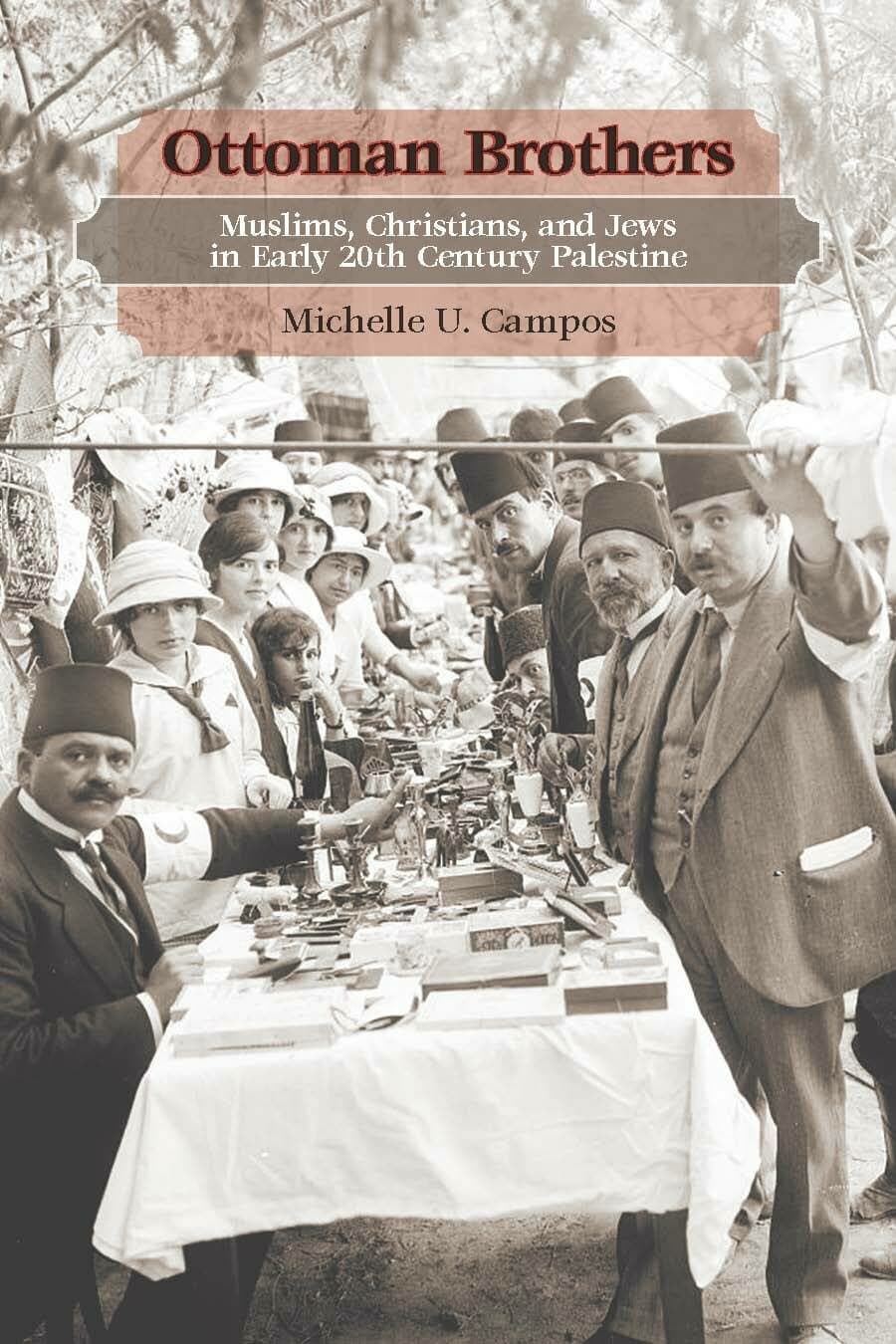The Unsettled Plain
Award Winner
2022: MESA Book Awards
Co-Winner of the 2022 Nikki Keddie Book Award, sponsored by the Middle East Studies Association (MESA).

The Unsettled Plain studies agrarian life in the Ottoman Empire to understand the making of the modern world. Over the course of the late nineteenth and early twentieth centuries, the environmental transformation of the Ottoman countryside became intertwined with migration and displacement. Muslim refugees, mountain nomads, families deported in the Armenian Genocide, and seasonal workers from all over the empire endured hardship, exile, and dispossession. Their settlement and survival defined new societies forged in the provincial spaces of the late Ottoman frontier. Through these movements, Chris Gratien reconstructs the remaking of Çukurova, a region at the historical juncture of Anatolia and Syria, and illuminates radical changes brought by the modern state, capitalism, war, and technology.
Drawing on both Ottoman Turkish and Armenian sources, Gratien brings rural populations into the momentous events of the period: Ottoman reform, Mediterranean capitalism, the First World War, and Turkish nation-building. Through the ecological perspectives of everyday people in Çukurova, he charts how familiar facets of quotidian life, like malaria, cotton cultivation, labor, and leisure, attained modern manifestations. As the history of this pivotal region hidden on the geopolitical map reveals, the remarkable ecological transformation of late Ottoman society configured the trajectory of the contemporary societies of the Middle East.
"The Unsettled Plain is a pathbreaking book that takes Ottoman studies to a new level. Chris Gratien's vivid account of how the Çukurova region was settled tackles big questions about the state, capitalism, and environmental factors, without ever losing sight of the individuals who bore the brunt of the consequences."—Reşat Kasaba, author of A Moveable Empire: Ottoman Nomads, Migrants, and Refugees
"Chris Gratien charts an important new path for critical environmental history with The Unsettled Plain, which reflects scrupulous research in at least eight countries and multiple languages. A must-read for anyone interested in the dizzyingly complex relations between real people and the environment of which they are part."—Diana Davis, author of The Arid Lands: History, Power, Knowledge
"[The Unsettled Plain] is a wonderful contribution to our knowledge of Ottoman history. The author gets us thinking about change as experienced by the non-elite population, and allows us to ask to what extent non-urban populations are shaped by change itself, as well as the shapers of change."—Usman Butt, Middle East Monitor
Historians of the Ottoman Empire and environmental historians in general will certainly recognize the importance of The Unsettled Plain. But non-specialists interested in interdisciplinary approaches to the study of history also stand to benefit from it.... Indeed, Gratien's book is just the latest to demonstrate how sophisticated the field of Middle East environmental history has become."—Isacar A. Bolaños, Journal of Interdisciplinary History
"The Unsettled Plain offers a model for writing environmental history, especially for anyone looking to write histories with rural and ordinary people at their center. Gratien brings together an impressively wide range of evidence, including folklore as well as archival sources in multiple languages, to highlight rural people and places, and the relationships between them.... I hope others will follow Gratien's lead in attending carefully to ordinary people in the countryside in writing histories of the Ottoman and post-Ottoman Middle East."—Camille Lyans Cole, International Journal of Middle East Studies
"This study is a microhistory of modern Turkey focusing on Çukurova (Cilicia), a province in the southwest, and how it was transformed through official policies.... Gratien is an excellent historian who brings enviable biomedical knowledge to this study. Recommended."—A. J. Papalas, CHOICE
"By consistently incorporating folk songs, laments, and oral accounts, Gratien not only eloquently displays pastoralists' forms of resistance and resilience against the Ottoman reform movement in Çukurova but also masterfully narrates perceptions and worldviews that have been silenced in the state archive. This use of a wide range of unconventional historical sources makesTheUnsettled Plainan innovative environmental history."—Zozan Pehlivan, H-Environment
"The Unsettled Plain [is] accessible, authoritative, and ask[s] the sorts of new, compelling questions that move our field forward."—James M. Gustafson, Bustan




